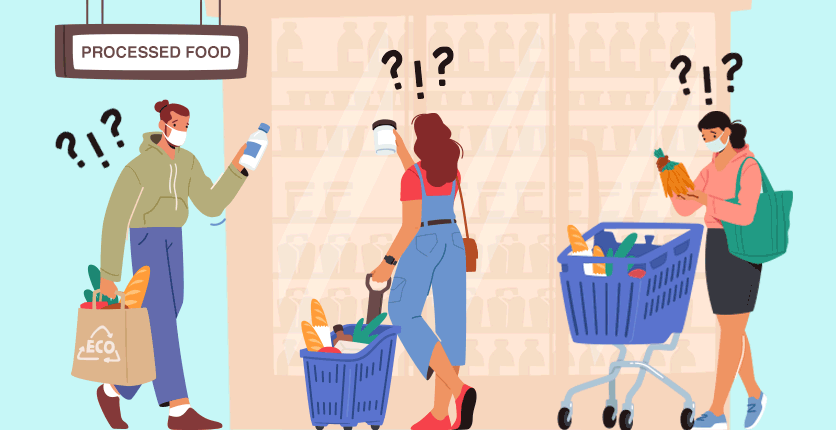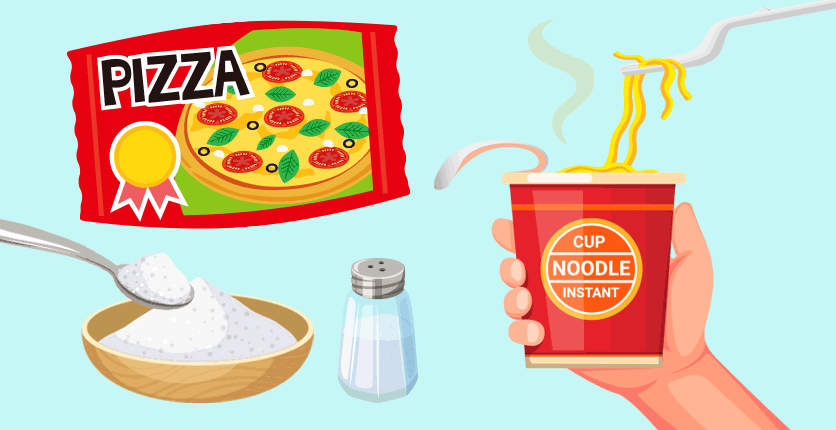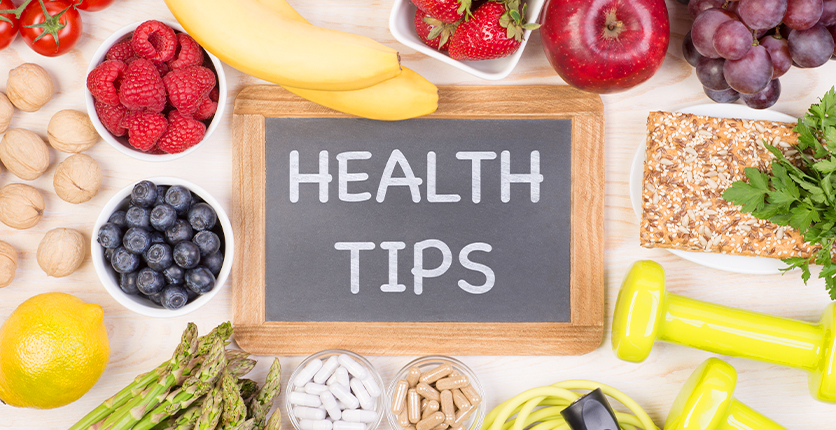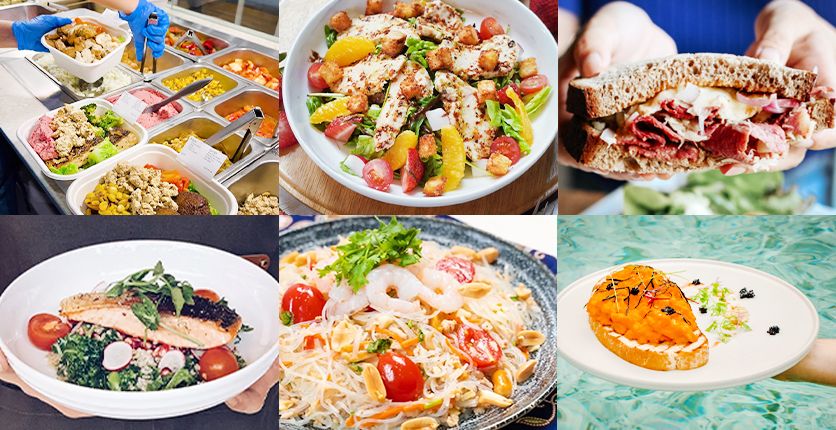Everything is costing a lot more these days, and food is no exception. According to a June 21 report in The Straits Times, global financial services group Nomura Holdings projects that Singapore food inflation may double to 8.2 per cent in the second half of this year.
In economically shaky times like these, it pays to shop smart. One way to save money at the supermarket is to have a shopping list ready, so you stay within your budget and only buy what you need. Preparing your family’s menu ahead of time also helps, as this reduces food waste and allows you to make the most of what you already have in your fridge or pantry.
Another way to slash your food expenses is to stock up on processed or packaged foods. Besides being convenient and easy to prepare, many of these foods are affordable.
While processed foods have a bad rep – we’re constantly told that “fresh is best” – not all of them need to be avoided. Pooja Vig, a functional medicine nutritionist and the co-founder of The Nutrition Clinic, says that healthy processed foods do exist. She tells us what to look for on our next supermarket shopping trip.
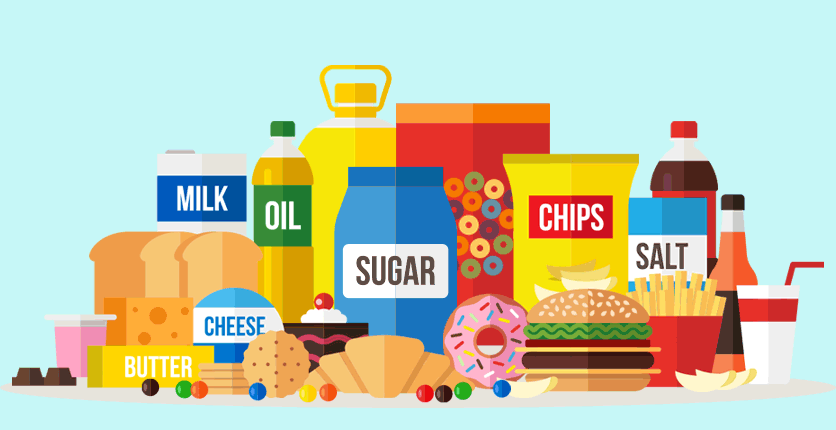
Q: What exactly are processed foods?
Pooja: These are foods that have been changed in some way. The type of processing might include milling, heating, pasteurising, canning, freezing, dehydrating, drying, mixing or preserving – anything that alters the food’s natural, whole, raw or fresh state. Processing often involves the addition of preservatives, flavours, nutrients and other food additives, or substances approved for use in food products, such as salt, sugar and/or fat.
Q: Why might a food company choose to process a raw product?
Pooja: Processing helps eliminate disease-causing microorganisms to extend the food’s shelf life or makes a food edible or more palatable.
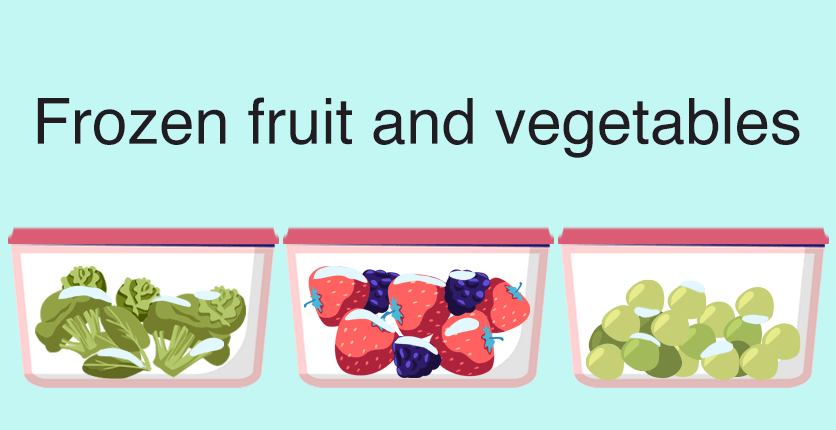
Q: What are some examples of healthy processed foods?
Pooja: These include frozen fruit and vegetables, which are highly nutritious and may in fact be more nutritious than fresh varieties because they’re frozen almost right after they’re picked; canned or bottled fish like tuna and sardines; nut butters; yogurt; rice crackers; packaged noodles; and some varieties of soup.
Q: What are some examples of unhealthy processed foods?
Pooja: These are foods with unhealthy levels of salt, sugar and/or fat. Think microwaveable or convenience meals, instant noodles, corn dogs, frozen pizza and luncheon meat. Many plant-based foods, too, are highly processed; these contain a lot of salt, sugar and/or fat and are loaded with food additives, preservatives, colours and flavours.
Generally, the less processed a food is, the better it is for you, for example, frozen fruit and vegetables, roasted nuts with no added sugar, salt, oil or flavours, canned tomatoes and tuna. On the other hand, highly processed foods like crackers, chips, deli meat, microwaveable foods and frozen pizza tend to be higher in calories and sodium.
Read more on why you should watch how much sodium you consume.
Shop for healthier food options at Ryan’s Grocery – all NSmen enjoy 10% off storewide by simply flashing your NS55 credits balance within the LifeSG app.
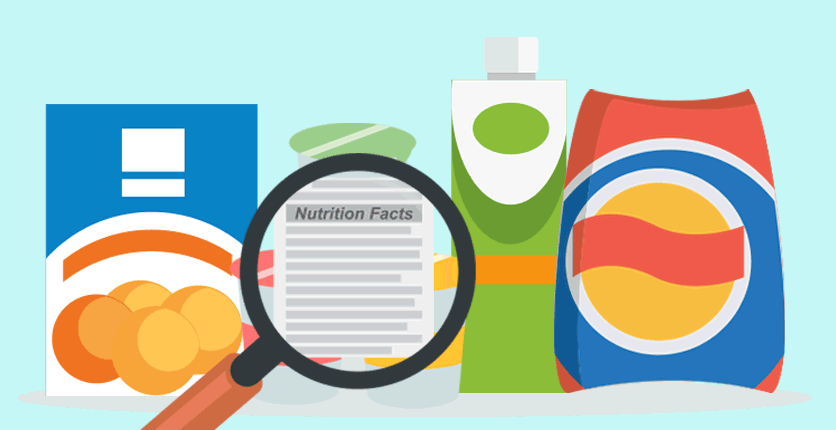
Q: What should we look for when buying processed foods?
Pooja: First, look for products that have been packaged for more convenient eating and/or to extend shelf life, such as yogurt. Yogurt is processed, but not in a way that requires unhealthy additives.
Second, read the nutrition labels and ingredient lists. If the ingredients sound like something out of a chemistry lab, then it’s best to avoid that food. Look for packaged products that contain mostly real food ingredients, like spices and herbs. Also take note of how much sugar, salt and fat it contains.
Stocking up on groceries at Cold Storage or Giant? All NSmen receive a $5 return voucher when you use your NS55 credits to spend min $100 on in-store purchases.
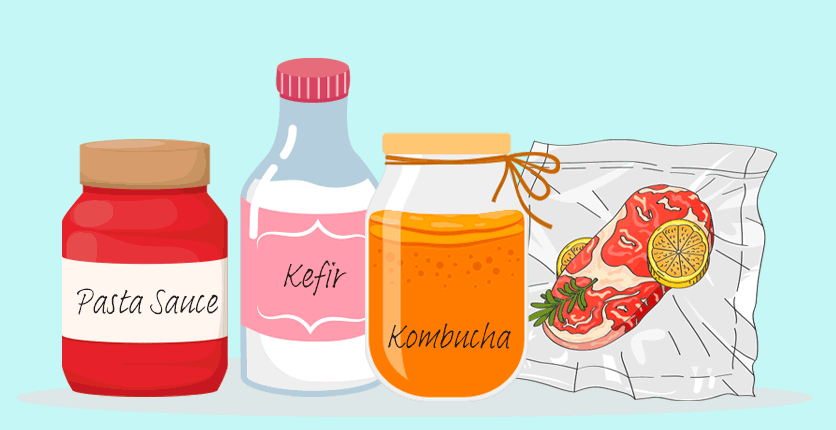
Q: How can I eat processed foods as part of a healthy diet?
Pooja: The food industry is doing a lot better to create products that are convenient, nutritious and tasty. Cauliflower rice is great for making low-carbohydrate fried “rice”, and ready-made hummus makes an ideal dip or sandwich filling. You can also find some wholesome pasta sauces in jars, made without added sugar or additives, and bottled kefir and kombucha drinks. In the frozen section, look for dumplings with healthy fillings and vegetables that are flavoured with herbs that you can just saute for a quick meal. Some companies even offer pre-portioned foods in sous vide bags – all you have to do is heat them up in hot water.
Get more tips on how to eat better for a healthier you.
Enjoy ocean-fresh seafood delivered to your doorstep from ACE Fish Market – SAFRA members receive 10% off purchases.
Note: Please consult your GP or physician before starting on a new diet plan.
Want more articles like this, and other lifestyle content right in your inbox? Download the new SAFRA mobile app and opt in for the eNSman Newsletter – you don’t need to be a SAFRA member to subscribe – and never miss another story!
